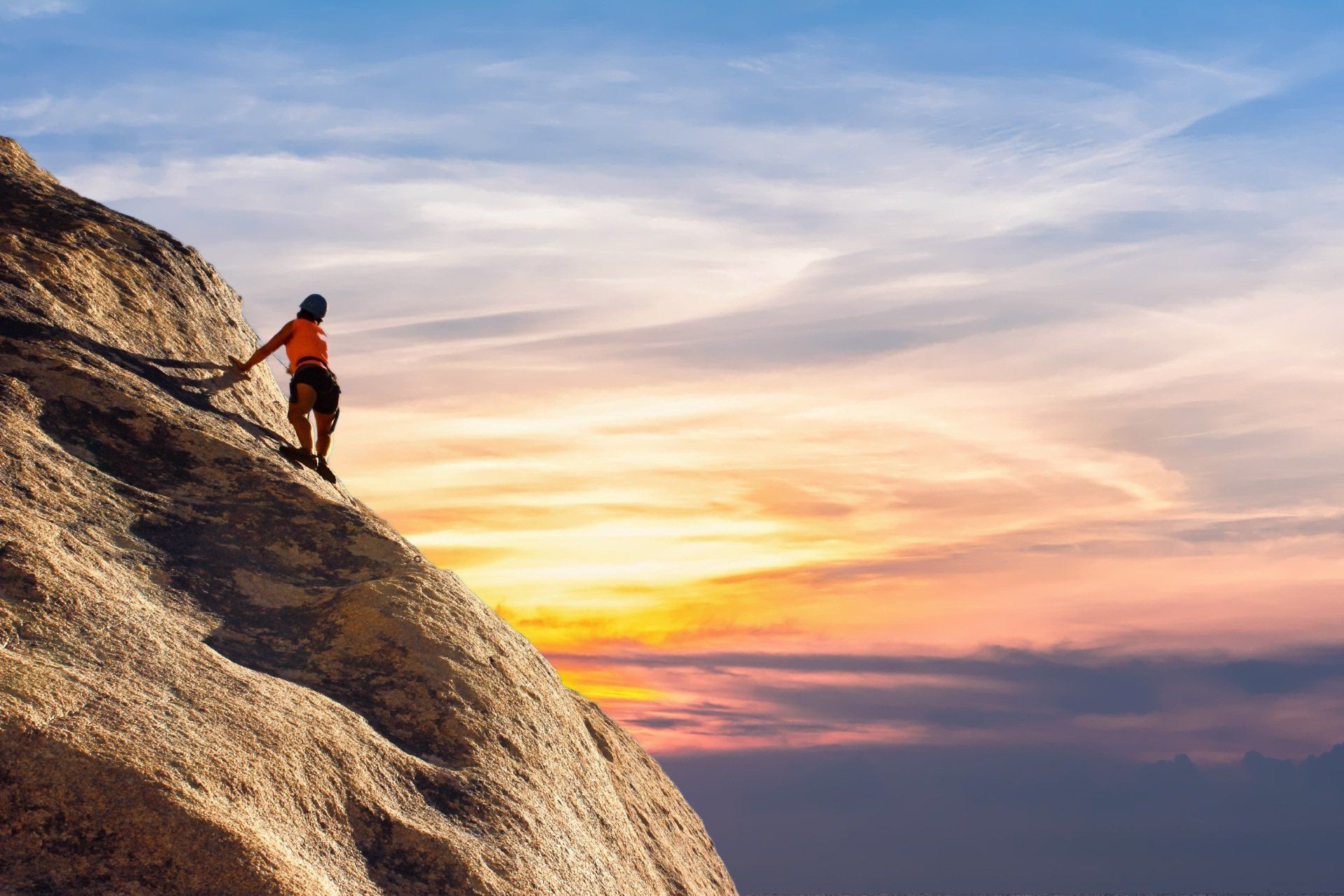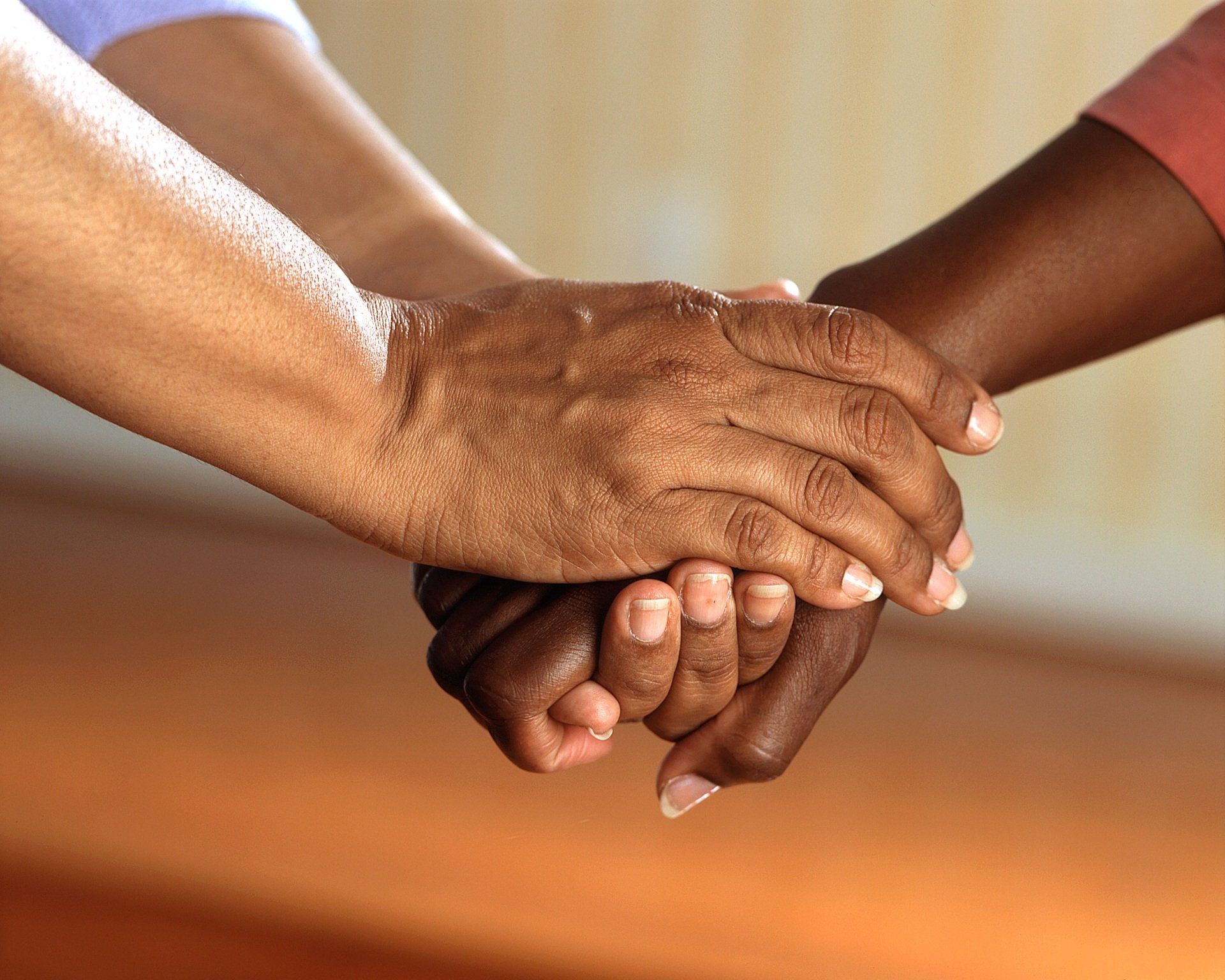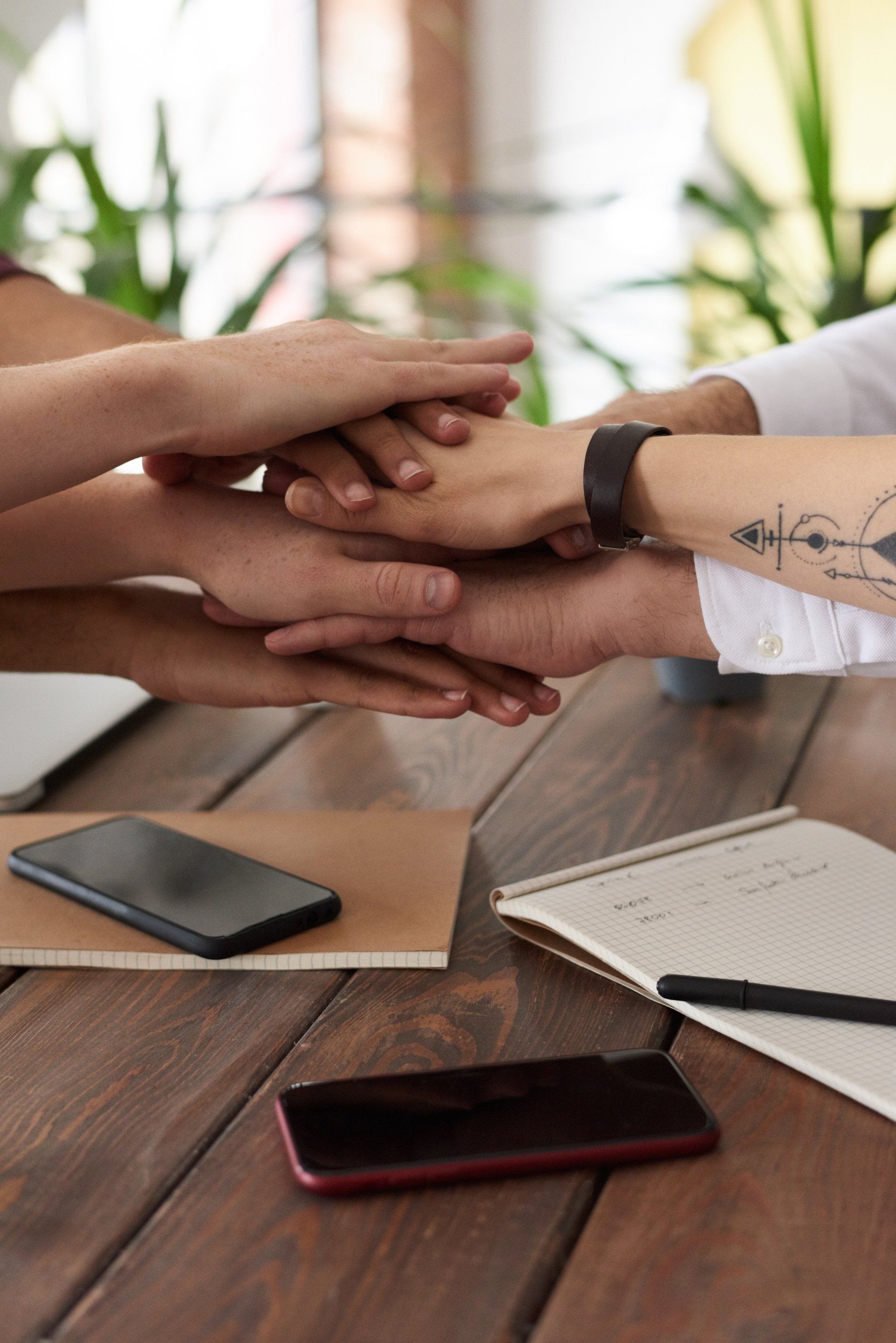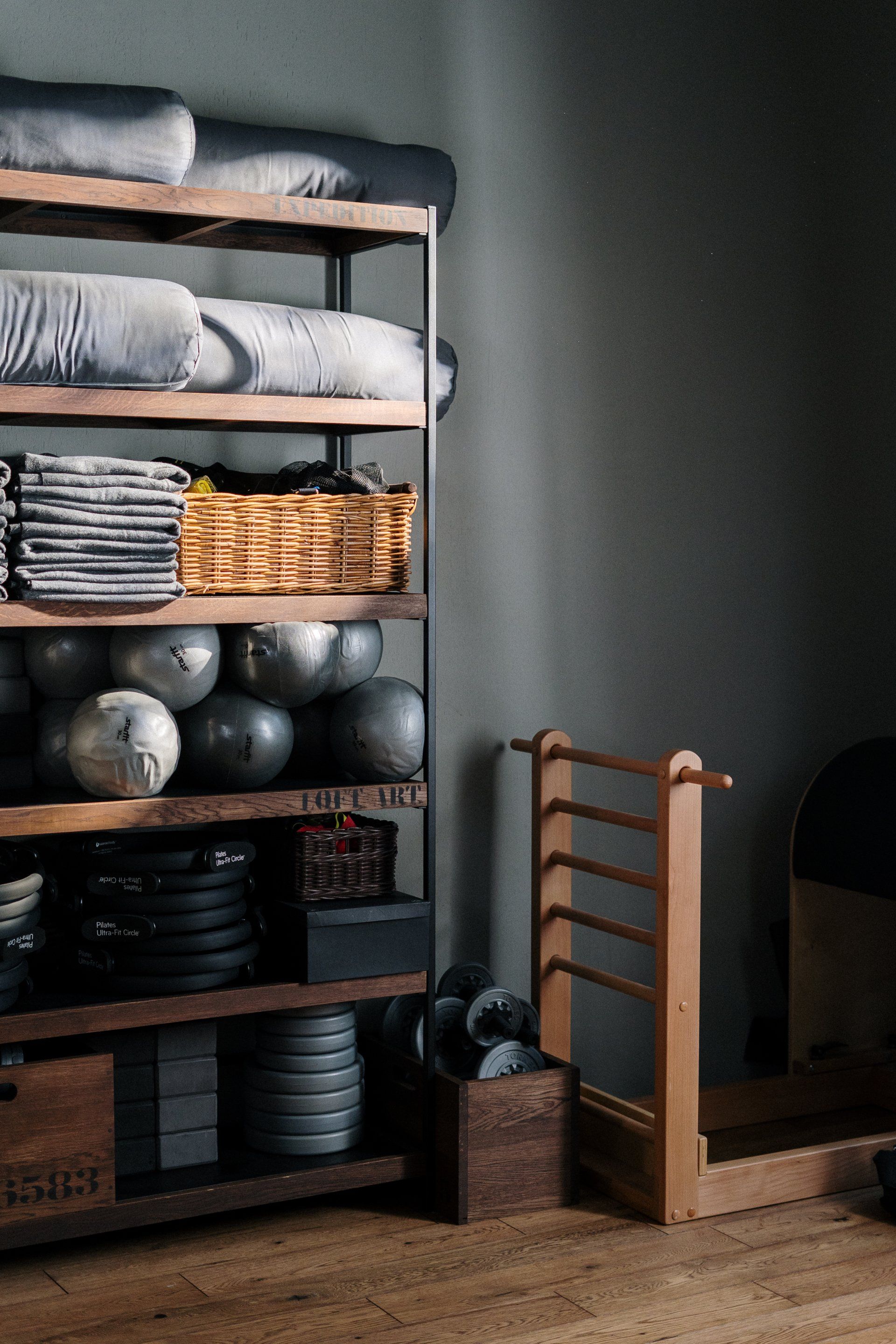

10 ways to show others that you value them
What is something that all humans have in common?
After decades of interviewing a range of individuals from Barack Obama to Beyonce to top entrepreneur's and everyday folk, Oprah Winfrey shared that at the end of each interview, her guest would turn to her and quietly ask ‘Was that OK?’
It was through these moments that she discovered that most of us are asking the following questions as we move through life:
Do you see me?
Do you hear me?
Does what I say mean anything to you?
You can call this what you like: Validation, Connection, Belonging - but ultimately we all want to feel like we matter and that we are bringing meaning and purpose to the world around us.
With this in mind, what changes can we make to ensure that those around us feel valued?
Here’s some actionable behaviours that I’ve come up with:
- Put down your phone when someone is talking to you
- Practice active listening and be present with what others are saying - don’t just be waiting for a gap in the conversation to speak yourself
- Try to remember small details about people (e.g. names, how many children they have, what town/city they are from etc.)
- Ask for other people’s opinions, especially on topics that are of interest to them
- Acknowledge those serving you in a store or service role with a smile and make eye contact with them. Don’t let ‘busyness’ steal your common humanity
- Be generous with compliments. If you think that someone has done a great job, is wearing nice shoes or has qualities that you admire, tell them!
- Treat everyone with courtesy. You don’t have to be best friends with everyone or even give everyone your time but you DO have to treat every human with basic respect. Please, thank you and polite language ensures that people are treated with dignity
- Respect peoples time. If you have agreed to call or meet someone then be reliable and show up on time
- Avoid talking about others when they are not around, especially if it’s not something that you would say to their face
- Make generous assumptions about others. If someone is a little short with you or they have ‘dropped the ball’, instead of assuming the worst, why not give them the benefit of the doubt (at least a few times) as we are all fighting battles that no-one knows about

This is not an exhaustive list but just some food for thought. I’m not perfect at this, but I am committed to practicing the above in my own life.
Is there anything else you can think of?
More inspiration



